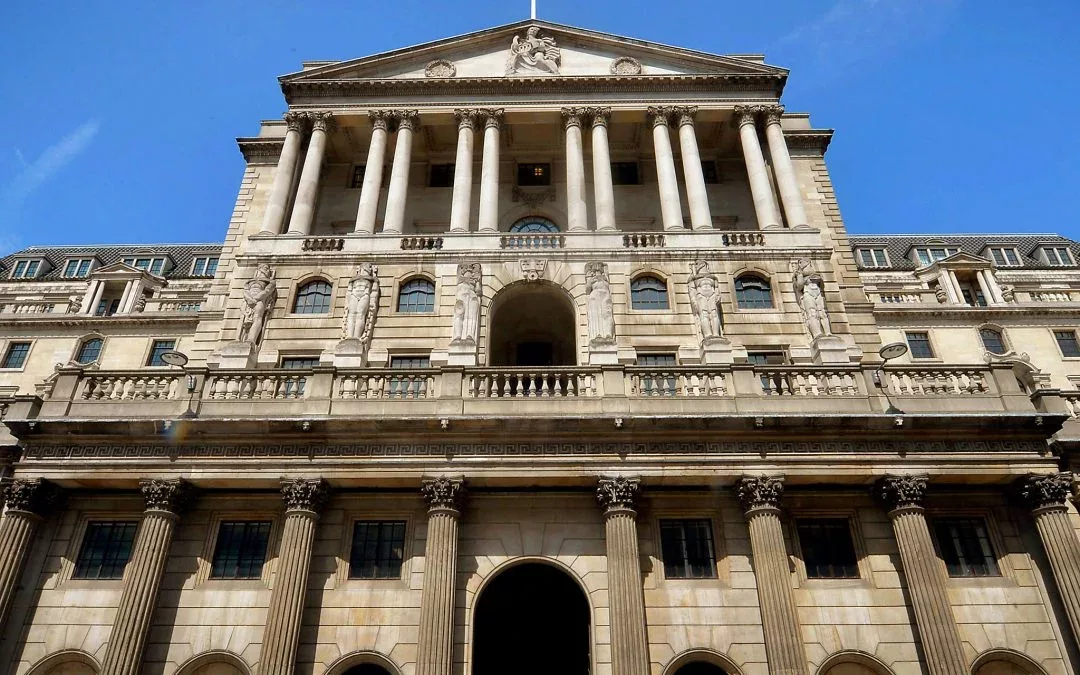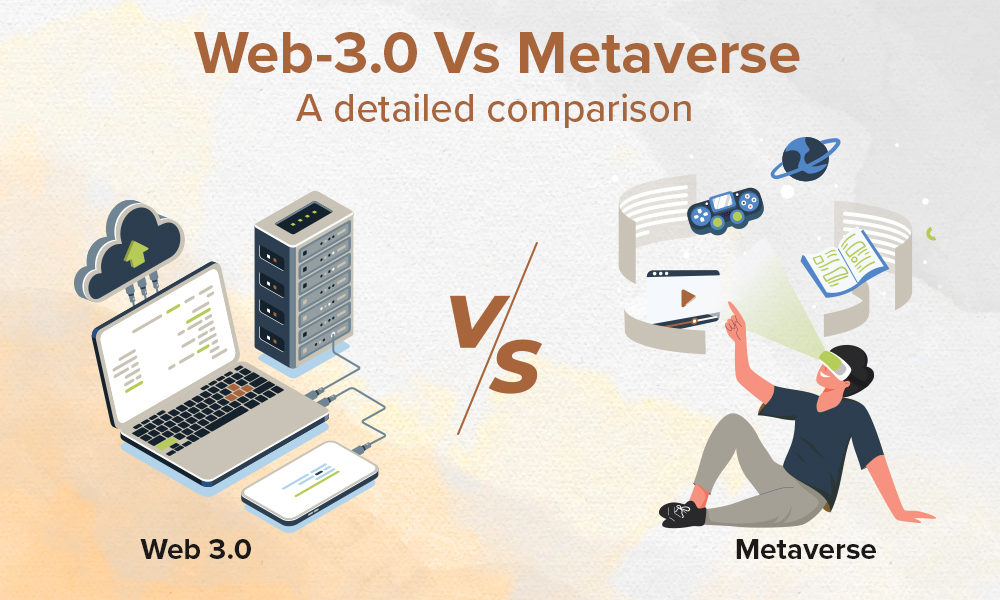Earlier it was publicized that Bank of England is planning to launch its own version of Digital Currency. The recent research report published on the Bank’s official website states puts a rests on the speculation. The bank has no current plans to issue a digital currency. However, the bank is actually undertaking research to better understand the implications of a central bank issuing a digital currency. With the augment of the crypto-currency world, thoughts about the launch of Crypto Banks took birth.
Why would Banks want to issue their own digital currency?
Bank of England has first raised the possibility of a Central Bank issuing digital currency as early as February 2015.
- The introduction of a digital currency by a centralized bank would be linked to sterling and will be far less volatile than any of the cryptocurrency.
- The money will be kept in a digital form and can be spent easily.
- The transaction doesn’t need to go via a retail bank and therefore sell or purchase can be done within seconds.
- The government will also have a way clear picture of who is paying whom and how much, making it easier to decode financial crimes.
The current process involves several banks and companies sending data to each other to complete a transaction. The process incurs both cost and time. With digital currencies, the Centralized Banks can combine the benefits of traditional banking and crypto-currencies. The mix will lure people back to use a governed system.
Why is the plan being delayed/aborted?
BoE officials indicate that it is delaying/aborting the plan to launch its own digital currency as the public might stop using commercial bank accounts entirely. This might lead to a turbulence in the economy. The demand for paper money always stays under surveillance and can be controlled by the change in interest rates. However, when it comes to digital currency, the control slips right out of hands with its projected exponential growth. As a result, the Banks will lose their power to maintain financial stability.
Insights from BoE Governor Mark Carney
Governor Mark Carney threw more light on how the bank is looking at the overall possibility of launching its own digital currency. Doctor Carney stated that there could be financial stability risks if BoE rolls out its own digital currency for the general public. As the transactions will not be monitored by a central intermediary, the consumers holding the digital currency can open accounts at any bank.
According to the governor, switching bank accounts from one bank to other will be a child’s play. The situation could also lead to the accumulation of huge deposits in BoE (for example) that the bank needs to invest in different assets. One bank gaining the power of credit allocation for the entire economy is no good news at all.



.jpg)
